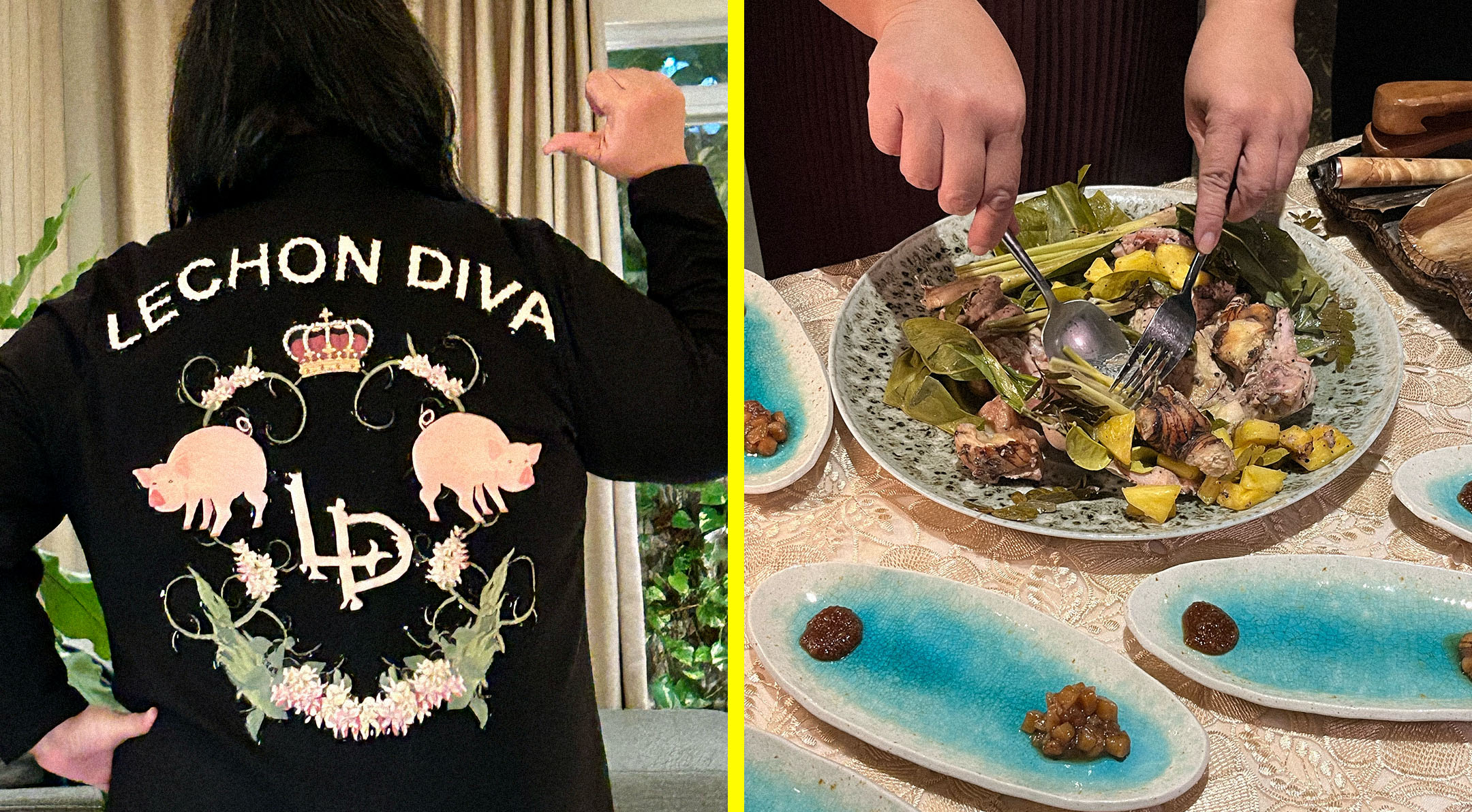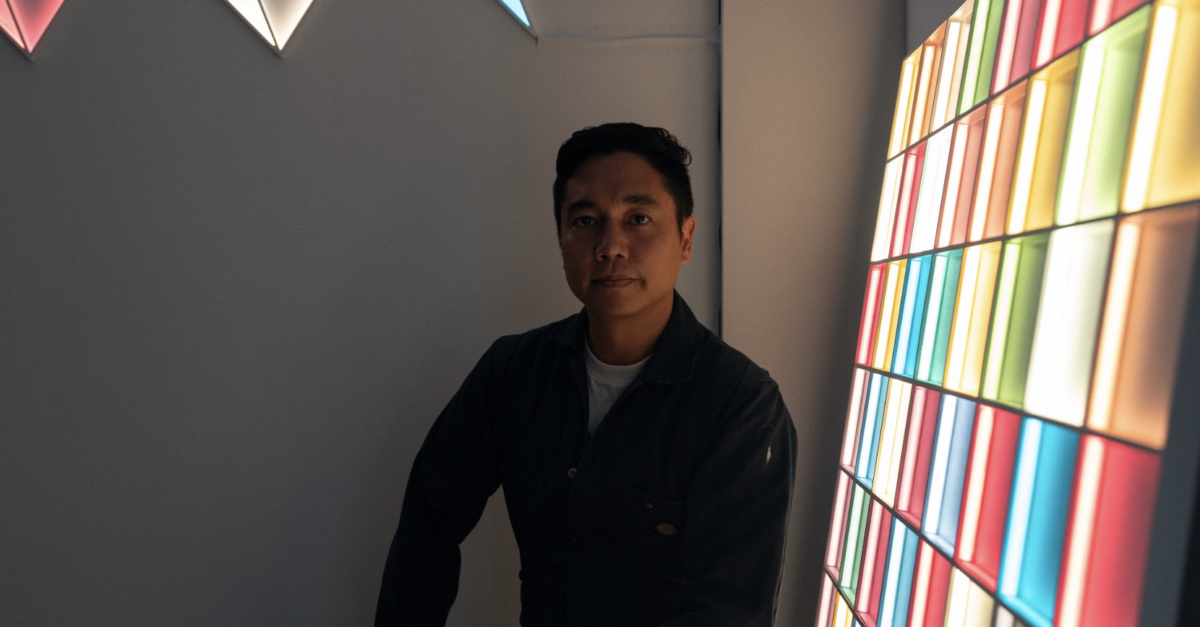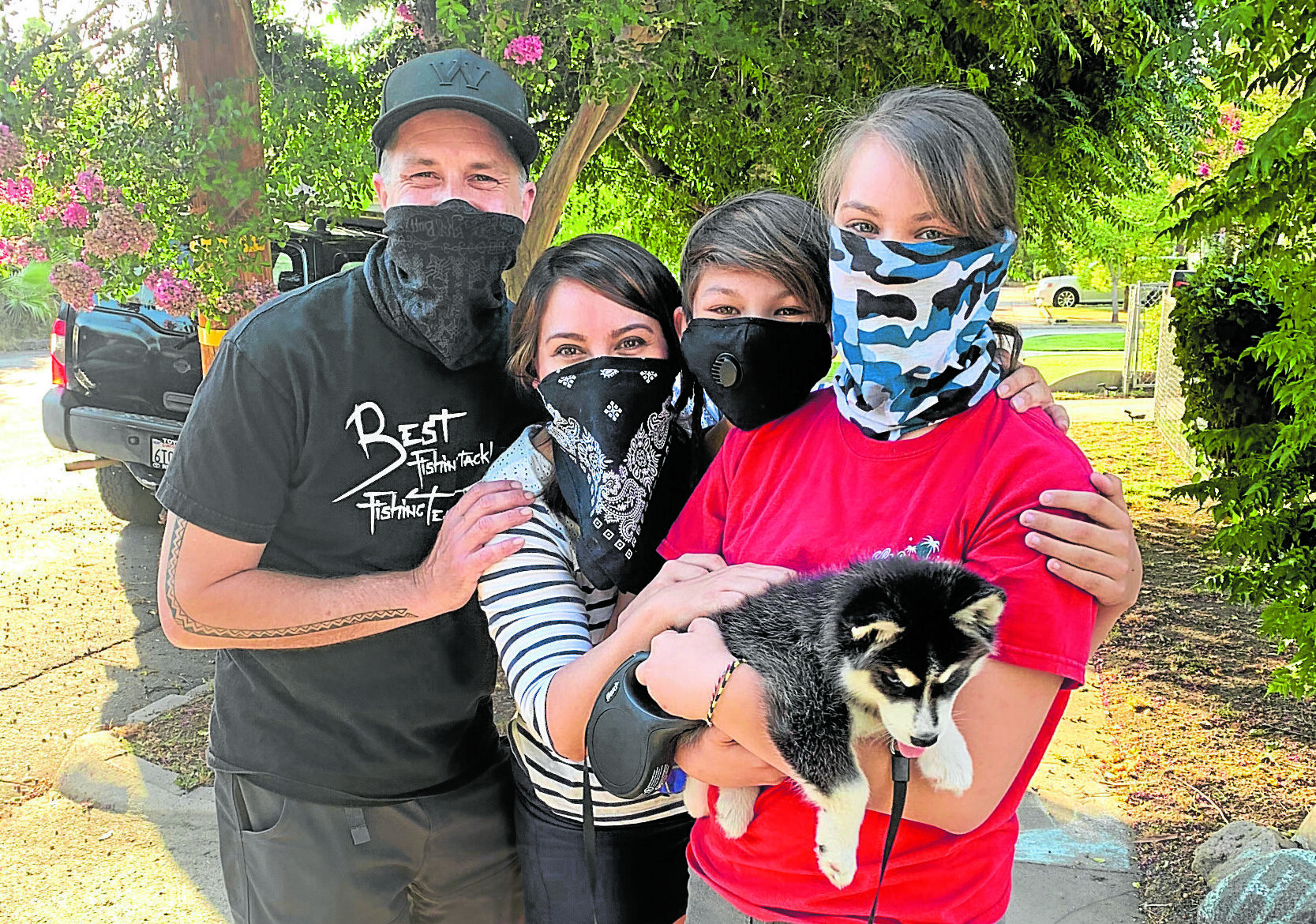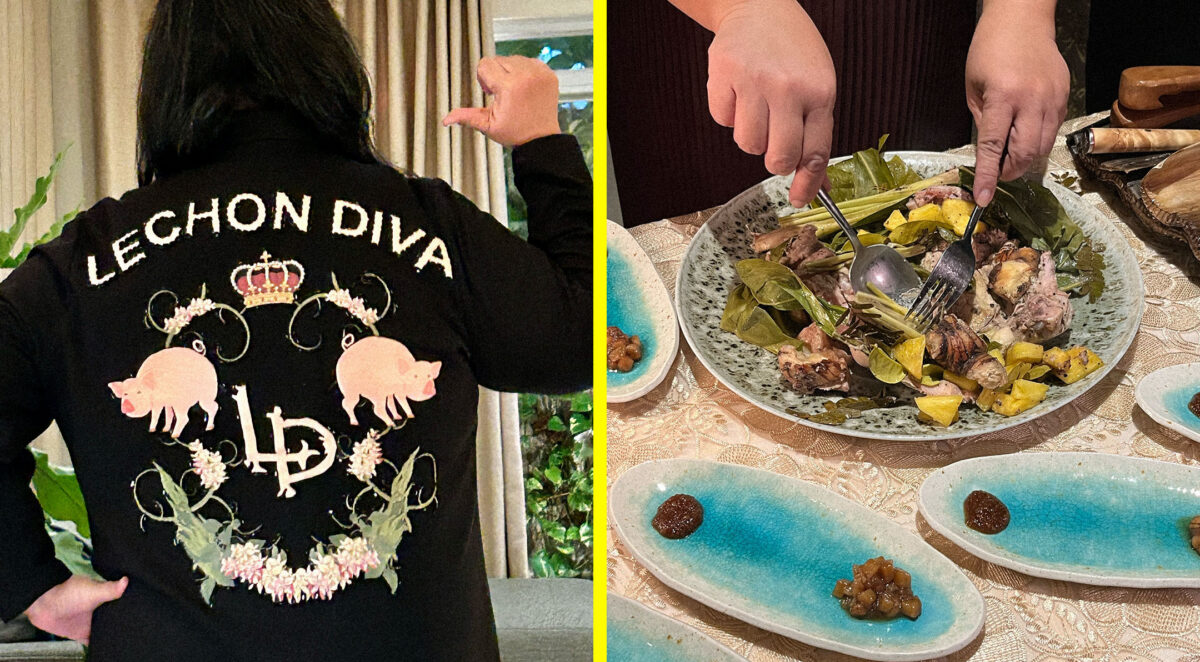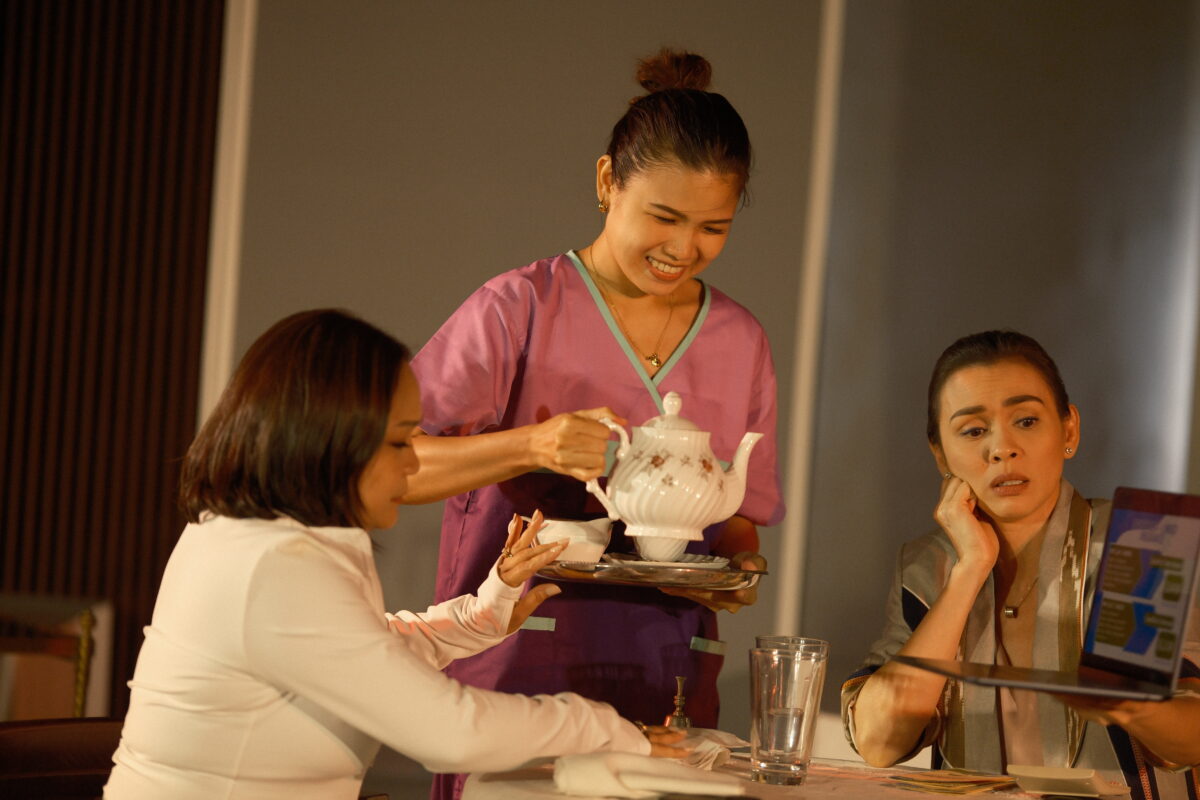
What can happen between two people stuck in a hotel room for 24 hours together?
An outpour of secrets and a meaningful conversation.
Juan Ekis’ “Twenty Questions” seeks to challenge the conventions of theater by taking the audience away from their seats to the seat of action—a hotel room in Makati where the two characters are stuck with each other.
The play is adapted from Juan Ekis’ (real name: Christian Valles) play that won the Palanca award in 2003.
Now on stage after more than a decade, the play takes on the conversation between Yumi and Jigs, the victims of their barkada’s tradition of selecting two from their group and leaving them together in a hotel room for 24 hours, almost always resulting in a budding romance in between sheets.
Yumi and Jigs wiled away the time playing “20 Questions,” where each of them get to ask alternately 10 questions. They dwelled on their life’s purpose, sexuality, relationships, and eventually, their sexual experiences that paved the way for wrong decisions.
The rule: No holds barred in answering the questions. Now the two with their newfound bond have to trust each other in keeping their secrets stay inside the room.
The one-act play staged inside a hotel room seeks to engage the audience in having a more participative role, the writer and director Valles tells the audience after the play.
The audience are seated in chairs directly beside the bed where the actors get into a conversation. This enables the audience to take a peek into or eavesdrop on the conversation happening in front of them.
“What we want to create is the culture of eavesdropping. Ganun tayo sumasagap ng kwento (That’s how we get stories). We eavesdrop,” Valles said.
While some may have an impression that the experience would be Orwellian—like the culture of voyeurism and control in George Orwell’s Big Brother in the book “1984″—the experience he wants to evince in his plays is more of compassion for the characters, of hearing their stories and taking part in it, too, Valles said.
With the audience’s position that limits their vantage point beside the performing space, the viewers will be compelled to lean forward to listen in the conversation, or lean back to see the whole of the stage, precisely the effects he want to evince in his plays, Valle said.
“You’re able to take a peek. You’re able to see some parts of it. Mas lalo kang lumalapit, mas lalong kaunti ang nakikita niyo (The more you go near, the more limited your view is),” he said.
“Nakikitsismis, nakiki-share tayo sa usapan ng may usapan (We are only eavesdropping, sharing in the conversation of others),” he added.
In the play, Jigs is the more conservative one holding on to his Catholic faith, with dreams of losing his virginity to the one he would marry. On the opposite side of the spectrum is Yumi, whose sexual adventures led her to wrong places, compelling her to make a vow of abstention so as to experience the magic of love making.
Key image of the play is the bottle of wine the characters swigged in between answering the questions. The priest-like character Jigs puts it appropriately: “In vino veritas.” “In wine, truth.”
The play is replete with lines that touch the sensibilities of the audience, especially the youth who has to grapple with their relationships and life choices.
“I want to feel him penetrate my soul through my body,” Yumi says of her vow of sexual abstinence.
“It’s the best wedding gift,” Jigs says of his virginity.
Valles said the completely different experiences of the two pave the way for a dramatic irony in the play, which he said is a key ingredient in any storytelling.
The play culminates in the two staring at each other, music playing in the background and the lights switching off, leaving the audience wanting more than the 20 questions already asked during the play.
Valles said the play will have a sequel titled “20 Answers,” which would appropriately give more answers to the questions hanging in his play.
Valles has written the same kind of experimental theater taking the audience to the seat of the action. His “Kapeng Bakaro,” staged inside a coffee shop, earned rave reviews with its “hugot” literature that appeal to the millennials struggling with their relationships today.
“I have a very high regard for the audience. I think the audience is evolving,” Valle said.
Valles said it’s about time the audience looking for topics that they can relate to be given more than the formula themes in popular literature today.
“Unlike the storytelling where let’s give them what they want, the formula, I have respect for the audience that they want to experience new things,” Valle said.
“My material is not new, but maybe the perspective. What I want to present as new is the experience,” he added.
Follow Juan Ekis’ future projects on his Facebook page facebook.com/juanekis, Twitter account @juanekis and Instagram @juanekis. RAM





